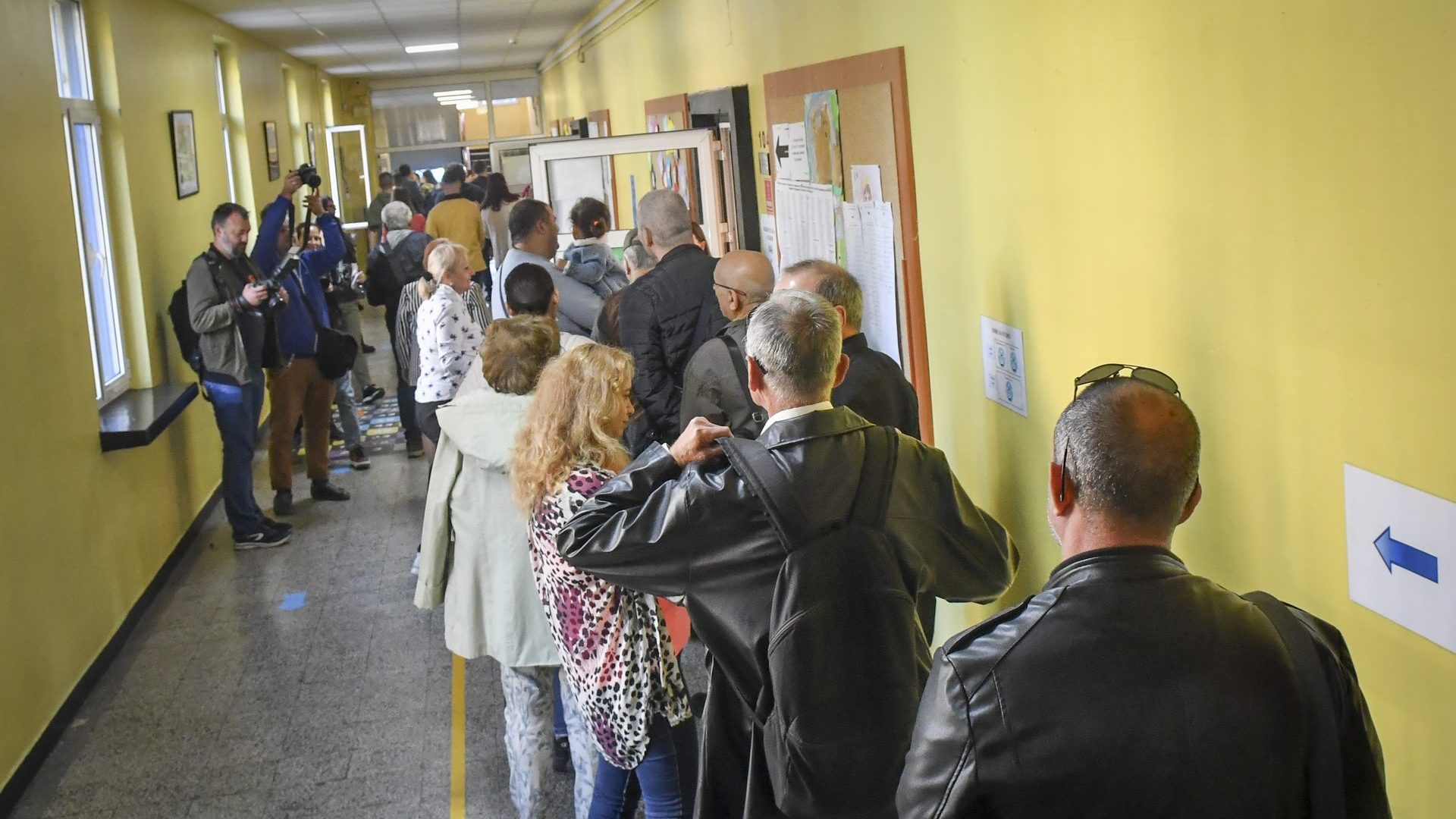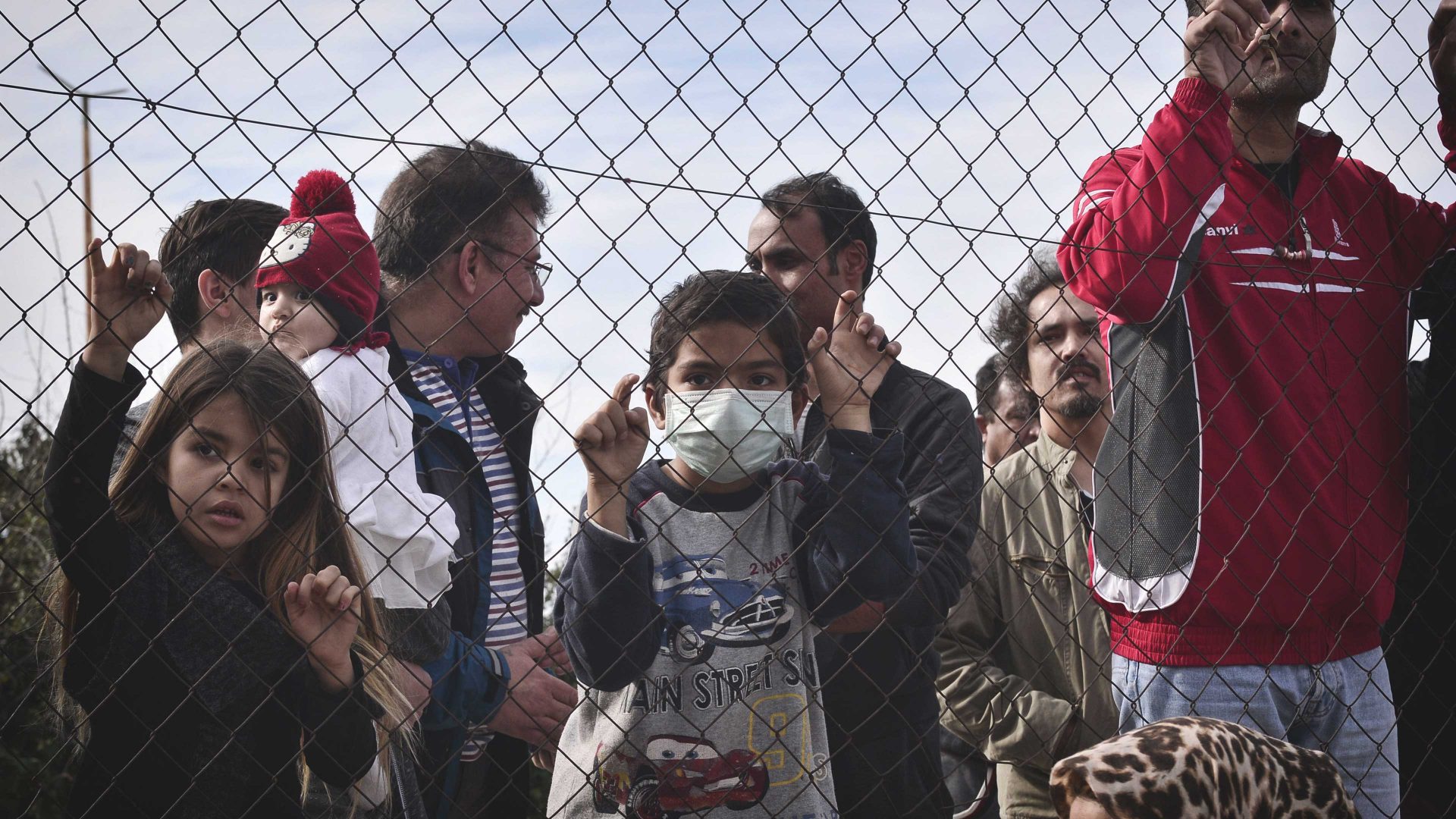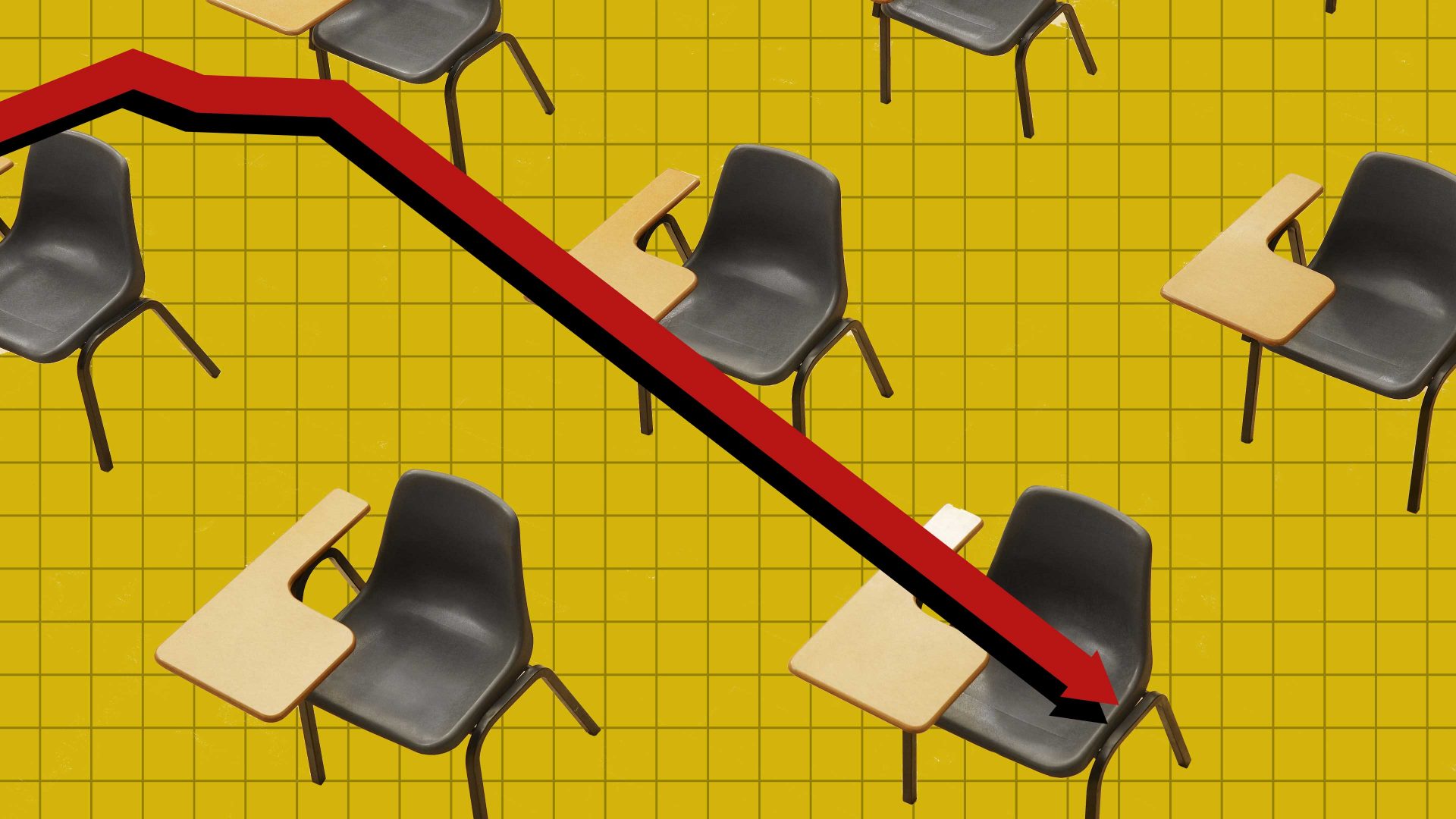Walking down the tree-lined streets of Pazardzhik, you notice two things that mark the passing of time – the leaves covering the pavements, and the many election posters still plastered on the lamp posts, weeks after we voted. It is a sight every Balkan person knows well. The faces change, but the promises don’t. And there’s still no one to pick up the leaves.
I spent some time living in the UK, and while I was there I’d often think about Bulgaria and everything I hated about it when I was growing up. It almost made me feel nostalgic.
Then, having moved back to Sofia in autumn, I was full of enthusiasm. The scenery was colourful, I had a new job, and the local elections were finally approaching. I’m 22 years old, and have voted at least a dozen times. But the elections I’d taken part in before were never particularly exciting.
My hometown, Pazardzhik, had the same independent mayor for 16 years – Mr Popov, the only mayor I’ve ever known. The town itself was stagnant, having failed to catch up with the rest of Bulgaria’s wealthy south. Elections came and went, but nothing changed. Young people, myself included, left the place virtually from the moment they graduated from high school.
In Sofia, years of questionable decisions and corruption scandals meant that voters finally wanted change. Throughout the campaign, three candidates stood out – the young tech entrepreneur Vassil Terziev, the famous journalist Anton Hekimyan, and pro-Russian socialist Vanya Grigorova. A very colourful trio. Regardless, I was still looking at my old home town, hoping something might finally change.
Pazardzhik often came up when talking to colleagues. It had become infamous even in Sofia for its closed-off politics, a microcosm of a former Bulgaria that many in the capital had long forgotten. Popov was running again, but this time a young reformist candidate seemed like a serious contender. One can never be very hopeful with Bulgarian elections, though. Years of electoral scandals – from purposefully invalidating ballots to hundreds of people registered in the same house, and the dead rising from the grave to vote – have taught us that.
Local elections are particularly suspect because the councils control funds from the EU that are then used corruptly. In 2021, machine voting was introduced at all levels to remedy this. While the results were positive, established parties saw it as a threat.
The elections were near and I was preparing to go back to Pazardzhik. I went to work on Friday and was planning to catch a train right after. As I went to lunch with my colleagues, however, a news story broke – the National Security Agency released a report alleging a cabinet minister had tampered with the machines, and the opposition claimed the government was about to rig the vote.
It would quickly become clear that the minister in question was only noting down publicly available hash codes to look at turnout, but it was already too late. The scandal had started.
This wasn’t a surprise – opposition parties were set to lose many councils, but it was a slap in the face regardless. As my train departed in the evening, the next story followed: the Central Electoral Commission had scrapped machine voting for the elections. This vital decision was communicated on a Friday evening, a mere 36 hours before polls opened. Years of progress were suddenly at risk of being undone. On Saturday, protesters gathered in Sofia and candidates urged voters not to be discouraged. The first round of elections finally began on Sunday and finished inconclusively.
The second round came the following weekend, and machine voting was back after a Supreme Court ruling. Voter turnout, however, was abysmal. Only 36% of Bulgarians voted. In some municipalities, every third ballot was invalidated.
To my surprise, the young tech whizz narrowly won in Sofia, while Popov was finally ousted in Pazardzhik.
Other cities weren’t as lucky. While I was happy with the results, it wasn’t a time to celebrate. The entire affair showed how unstable our democracy still is, and how easily it withers away, much like a tree in autumn.



